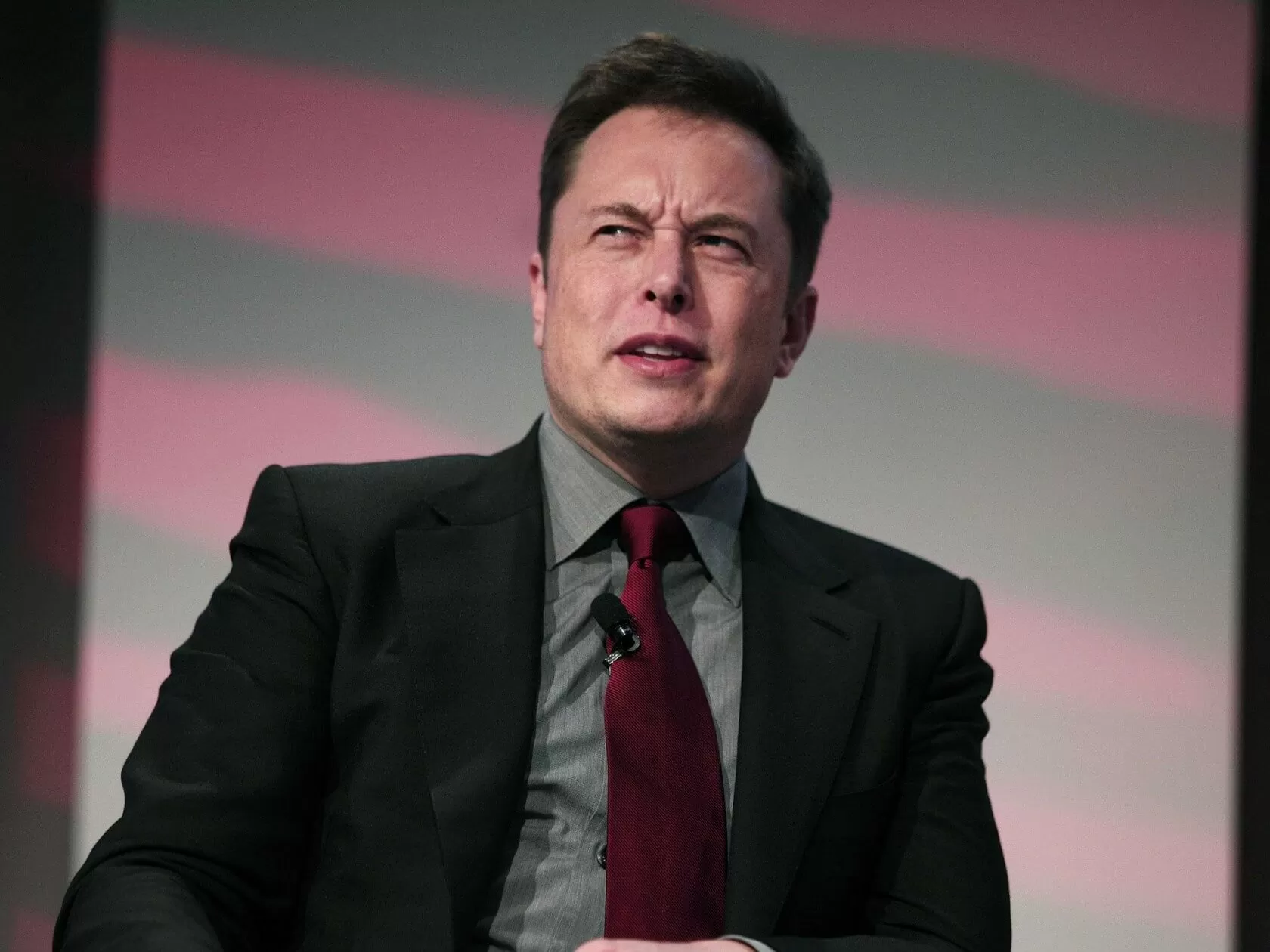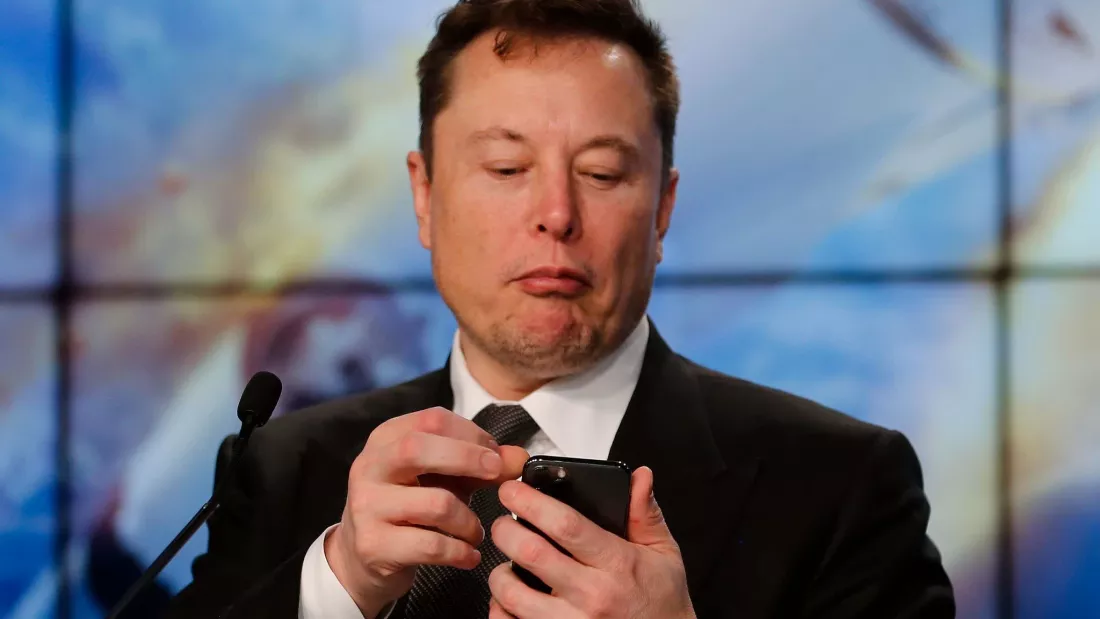What just happened? Twitter has struck the first blow in its legal proceedings against Elon Musk after being granted its request for a fast-tracked trial. The judge said the expedited start date and shorter hearing was necessary as the company continues to suffer while surrounded by uncertainty.

The saga of Elon Musk's attempt to buy Twitter ended earlier this month over the long-running issue of how many fake accounts populate the site. Musk previously claimed Twitter's alleged refusal to reveal bot numbers constituted a material breach of the deal and allowed him to avoid the $1 billion breakup fee.
Unsurprisingly, Twitter's response to Musk dropping out was to launch a lawsuit that it hopes will force the world's richest man to complete the purchase. One of Twitter's first requests was for the trial to be fast-tracked due to the harm inflicted on the company "every hour of every day" due to the disruption.
Chancellor Kathaleen McCormick of the Delaware Court of Chancery has granted Twitter's request and set a trial date for October; Musk's lawyers wanted it to begin next year. The judge has also ordered a five-day trial, adding that the court can handle proceedings in that timeframe. That's still not exactly what Twitter was seeking; it wanted a four-day trial but will still consider this a win.

"Look at all those f***ing bots"
Musk's lawyers say a fast-tracked trial will allow Twitter to hide the truth about what percentage of the platform's accounts are fakes. The company says it is 5%, but Musk claims the figure is more like 20% or more.
Andrew Rossman, Musk's lawyer, said (via Reuters), "When Mr. Musk started asking questions, the answers he got were alarming." He added that it would take months to analyze the massive amounts of data needed to answer Musk's queries regarding bot accounts.
In siding with Twitter, the judge warned that the "cloud of uncertainty" around Twitter would grow larger as it waited for a trial to begin. "The reality is that the delay threatens irreparable harm to the sellers," McCormick said.
Twitter said it is "pleased that the court agreed to expedite this trial." Musk's legal team has not yet responded to the ruling.
Twitter wants Musk, who owns 9.2% of the company, to complete the acquisition at the original offer of $54.20 per share, far above the current value of around $40.
https://www.techspot.com/news/95366-twitter-wins-first-round-battle-against-elon-musk.html
